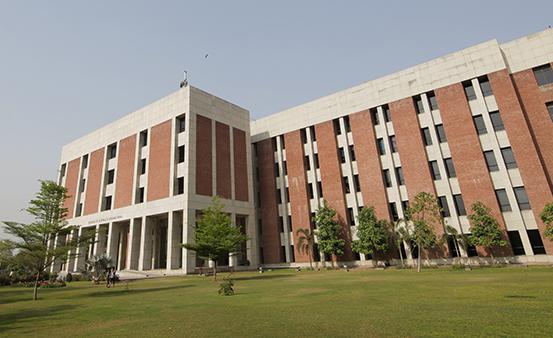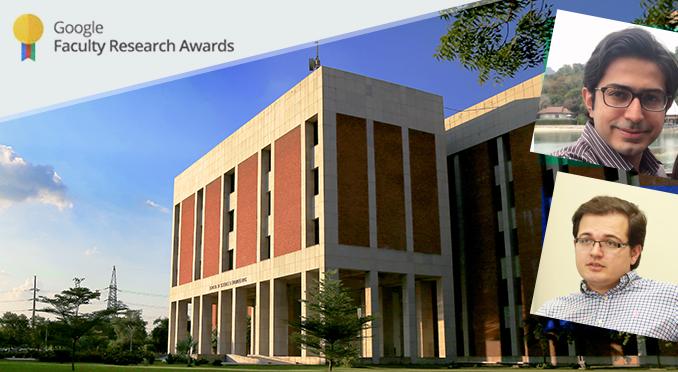
Based on his background in chemical sciences, Dr. Basit Yameen’s stream of research is focused on addressing real-life challenges having a direct impact on our society.
One such project Dr. Yameen has currently undertaken along with fellow colleagues, Dr. Falak Sher and Dr. Habib ur Rehman, is a collaborative venture with Bulleh Shah Packaging.
Pakistan has a finite supply of natural resources that can be used to power our industry. Due to this, some industrialists are looking for alternative sources of energy that are not only self-sustainable but renewable as well. To that end, many have opted for alternate fuels for indigenous thermal power generation.
One such fuel is coal. However, burning coal does bring with it many environmental problems. For instance, it results in the emission of sulphur dioxide, nitrogen oxide, particulate matter and toxic heavy metals into the troposphere (lower atmosphere) which leads to smog, acid rains, toxins in the environment, and numerous respiratory, cardiovascular, and cerebrovascular defects. Furthermore, coal is not a renewable resource. Besides this, the ash generated during coal burning contains high levels of toxic metals that pollute our environment and constitute a huge health concern. Due to this, many industrialists are primarily opting for agricultural residues based fuel sources.
Since Pakistan is an agricultural country and produces surplus agricultural residues, these can be used as renewable ‘fuel’ for thermal power generation. When farmers harvest crops the only by-product left from that exercise are the stems. According to Dr. Yameen these are an abundant renewable source of energy which are not being properly utilised as fuel for thermal power stations. However, the ash produced during burning of agricultural residues (biomass) although does not contain toxic contents as compared to the ash produced during coal burning, it still needs to be taken care of and somehow fixed. Otherwise, it becomes a burden on our environment.
To power their facility, Bulleh Shah Packaging relies on its biomass-based thermal power station and is not dependant on the national grid. The process powers the entire facility and thus it consumes large amounts of biomass which consequently results in the generation of large amounts of ash residues. Maintaining and disposing of the ash is a huge challenge and a cost-intensive endeavour. Dr. Yameen proposes to use that ash to manufacture products that can be used elsewhere; for instance, using the ash to make pavers.
The project has been partially funded by the Higher Education Commission (HEC) through their Technology Development Fund (TDF) since June 2017. Prior to this involvement, Dr. Yameen and Bulleh Shah Packaging had been working on the project for a year; Bulleh Shah Packaging provided the entire support and continues to co-fund the whole activity.
At present, although the HEC is funding the project, the funds are limited and will eventually run out. For this Dr. Yameen, along with Bulleh Shah Packaging have devised a complete business model to generate revenue. Alongside this, they are also in touch with people in the market who have been given samples of the bio-pavers and are ready to buy these in bulk, making this a self-reliant and economically sustainable endeavour.
Dr. Yameen and his team are also developing a bio-paver fabricating plant, which will turn the ash into the said pavers and will be installed on a site owned by Bulleh Shah Packaging. He is expecting to launch this product into the market by mid-2018.
The whole process is economically viable and will generate revenue and save millions of rupees for the industrial sector.
The end goal of this research is to not only save industry costs but also find sustainable solutions to Pakistan’s environmental and energy challenges and turn by-products, which can be an environmental burden, into revenue generating valuable products.








